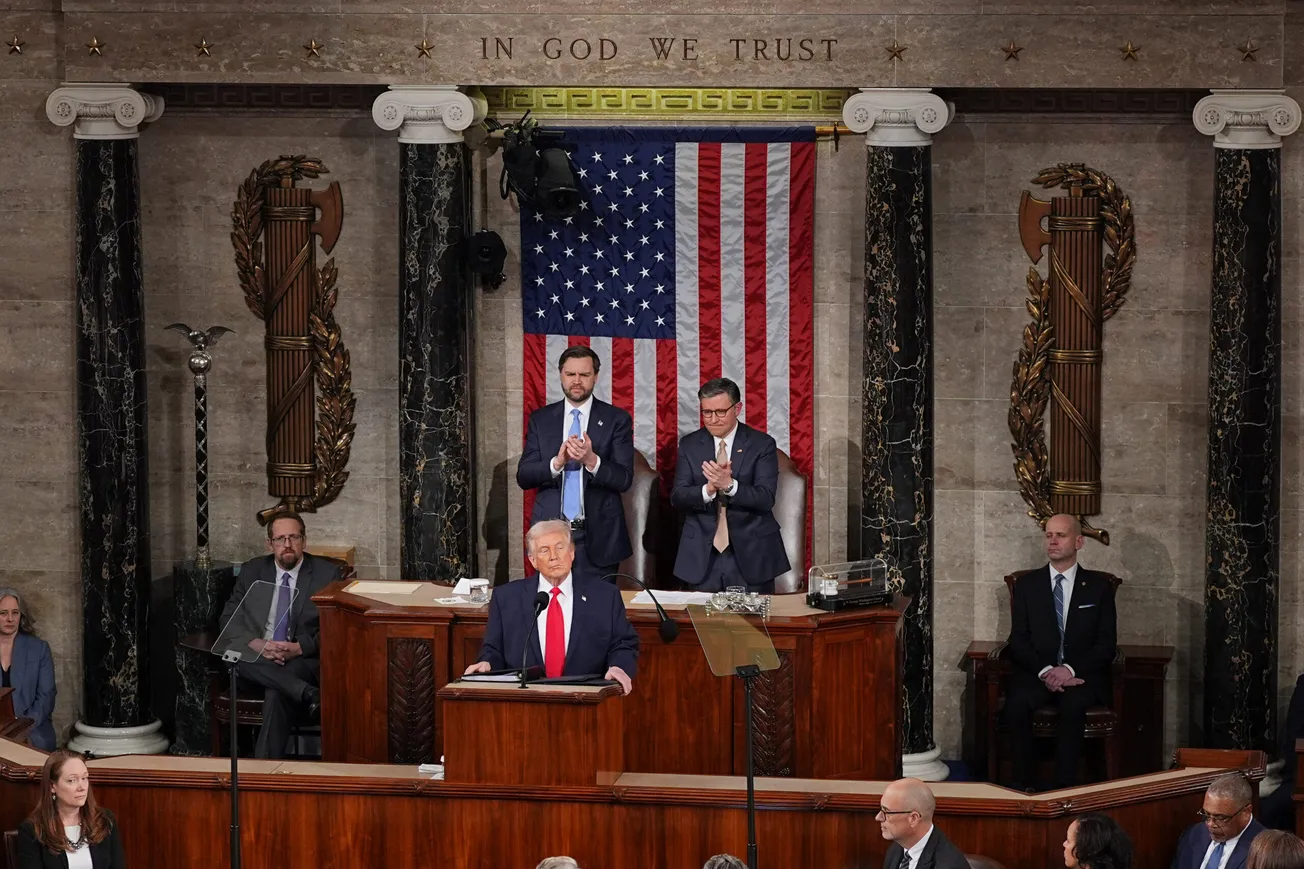Table of Contents
Inflation has become a political football lately. Republicans have made it the focus of their attacks on President Biden, framing rising prices as the consequence of reckless spending and the President’s overall mismanagement of the economy. Democrats, meanwhile, have wavered between denying that inflation is occurring at all, dismissing it as temporary or “transitory,” and spinning it as a positive sign of a revived economy. Either way, the Federal Reserve has projected the 2021 inflation rate to be 4.2% and it is indisputable that prices are up everywhere.
Stanford would seem to be the last place to feel the impact of inflation. The costs of services from dining halls to libraries are relatively socialized, spread out among the thousands paying to attend Stanford; rising prices usually have little impact. Indeed, Stanford increased the combined price of tuition and housing by only 0.8% from the 2020 academic year. Of course, the price of college has regularly outpaced inflation for decades (see below). But though cost increases at Stanford this year were modest, the inflation we’ve seen is anything but, and represents deeper problems within the University.
Inflation is not just measured by tracking the price of goods; it also looks at their quality. Government statisticians factor in technological advancements when measuring inflation, a process called hedonic adjustment. As an illustration, the first iPhone may have cost more than most cellphones in 2008, but because its higher cost was mostly due to the additional features that made it a better cell phone, the dollar value of those technological advancements were subtracted to isolate inflation alone.
Likewise, inflation can be reflective of a good’s decline in quality. For instance, if all pickup trucks were suddenly made of plastic but didn’t change in price, the decline in the quality of the trucks would be recorded as a large increase in inflation.
We’re seeing this latter instance of inflation today. As a result of a labor shortage and supply chain delays, hotels no longer clean their guests’ rooms daily, new cars take weeks to be delivered, and shipping times for even basic purchases have skyrocketed, yet the prices of these goods have remained constant or risen only slightly.
Though it is less conspicuous than a plastic pickup, this type of inflation is thrashing Stanford. The student experience this year is undeniably worse than the last time Stanford was in person. (I’m speaking about non-educational factors here - the Review has published extensively on the long decline of a Stanford education). During the week, our libraries close at 8pm, the hour at which students begin studying, and are closed altogether on Saturdays. Clubs are not allowed to travel domestically. Classes are online or masked, among other COVID regulations. And late-night dining, essential for any student studying late into the night, is limited to only TAP, features long lines, and has a diminished menu.
Each of these changes on its own would only be a slight annoyance. Combined, they significantly worsen the Stanford experience. At some colleges closing late-night dining would go unnoticed--but our closed campus leaves students with no eateries nearer than a thirty minute walk. I feel bad for freshmen and sophomores, whose only knowledge of late-night dining is standing in a thirty-minute line and being forced to eat outside, since most tables are taped off “due to Covid-19.”
To be fair, some of this quality decline is unavoidable. Stanford, like other businesses, faces a shortage of people willing to work at late-night dining, or in libraries; though classical economics would retort that Stanford should simply offer a higher wage.
Inflation itself is a powerful meme, representing that a nation lacks control over external forces. Politicians stand by helplessly while their constituents’ incomes are attacked by rising prices. The example of basic governance leads to cultural disenchantment, too. President Carter, amidst his own inflation crisis, warned the nation that America’s “true problems” were “deeper...than inflation or recession.”
It’s not hard to see that America works less well than it used to. Our government is unable to pass regular budgets and our recent military interventions succeeded only in making the nation reminisce more about its past glories. If even Stanford, one of America's most admired universities, can no longer function properly, what can be salvaged from the wreck of the West?





